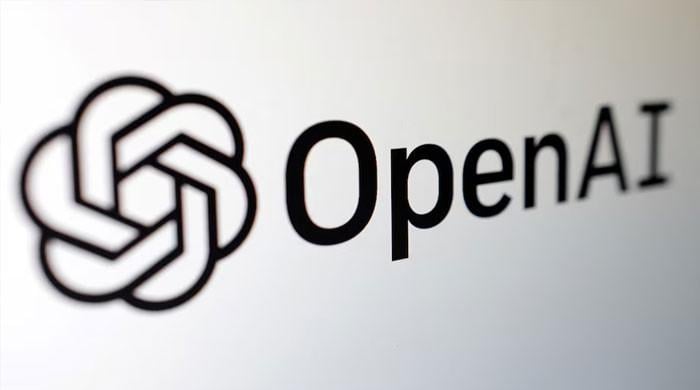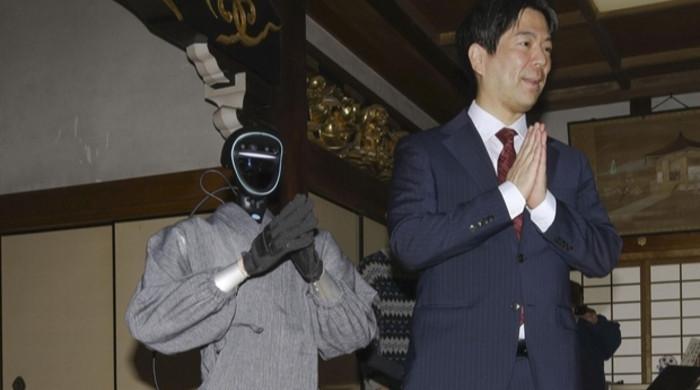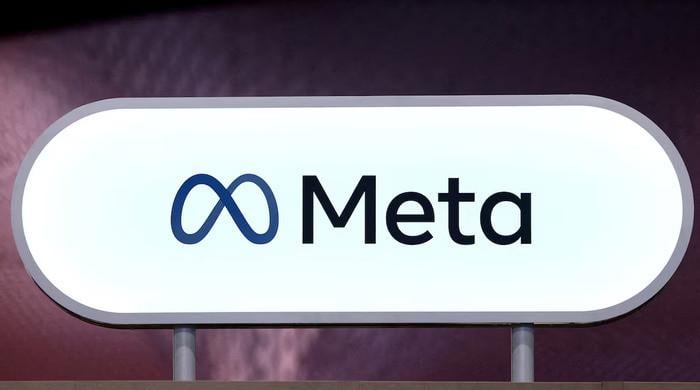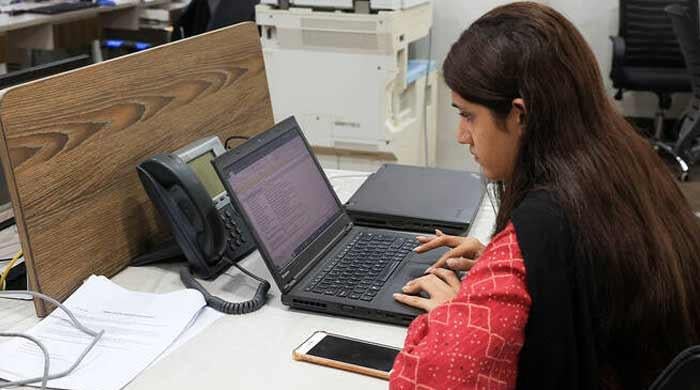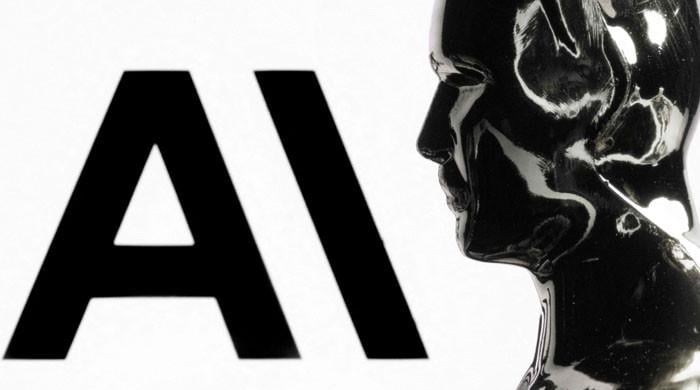Sindh launches Pakistan's first AI-based online teacher training
The six-month pilot project will train 3,500 teachers from Dadu, Tando Allahyar, Tharparkar, and Umerkot districts
September 11, 2025
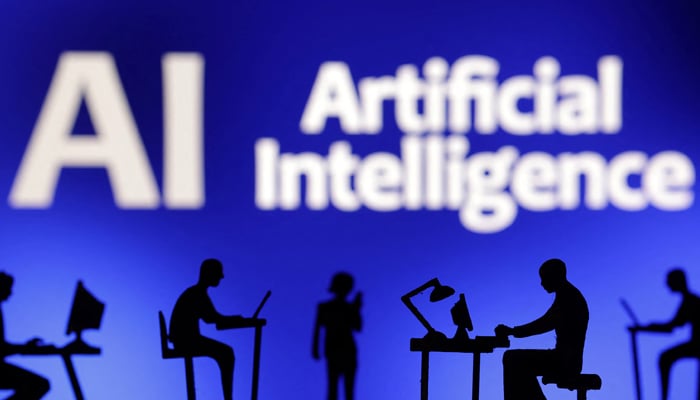
For the first time in Pakistan, the Sindh government has launched an AI-based online training program for teachers, designed to support educators in adopting faster, more effective, and modern teaching practices.
To formalise this initiative, the School Education & Literacy Department (SELD), UNICEF, and Khan Academy Pakistan signed a Memorandum of Understanding (MoU) at a ceremony held in Karachi. Sindh’s Education Minister Syed Sardar Ali Shah attended as the chief guest.
Also present were School Education Secretary Zahid Ali Abbasi, Chief Curriculum Advisor Dr Fouzia Khan, UNICEF Sindh Education Manager Abeer Maqbool, UNICEF Sindh Chief Field Officer Prem Bahadur Chand, Khan Academy Pakistan CEO Zeeshan Hasan, Board Members Amin Hashwani and Naeem Zamindar, Deputy Director Atif Vighio, and other officials.
The six-month pilot project will train 3,500 teachers from Dadu, Tando Allahyar, Tharparkar, and Umerkot districts. Under the program, UNICEF will provide funding and ensure international standards, while Khan Academy Pakistan will deliver training and technical support.
At the core of the program is Khanmigo AI, Khan Academy’s AI-powered assistant that will help teachers with lesson planning, preparation of learning materials, and classroom engagement. The training includes live online sessions and self-paced modules.
Officials believe this will improve both teaching practices and institutional quality across Sindh. Speaking at the event, Education Minister Syed Sardar Ali Shah expressed hope that the AI-based training would prove highly effective for teachers.
“The Sindh Government is committed to innovation and quality in education. By leveraging modern technology, our teachers will enter classrooms with greater confidence. This initiative will also ensure that students in remote districts of Sindh gain access to global standards of education. We are confident this program will serve as a model for the province and bring significant change to Pakistan’s education system,” he said.
Khan Academy Pakistan CEO Zeeshan Hasan noted that Khanmigo AI would save teachers’ time, boost creativity, and improve student engagement. UNICEF Education Manager Abeer Maqbool emphasised: “Through AI, our goal is to guarantee quality, effective, and inclusive education for every child.”
Board Member Amin Hashwani described the partnership as “a model of collaboration between government, international partners, and local institutions.” Meanwhile, Board Member Naeem Zamindar remarked, “Education is the most powerful driver of transformation for any nation. This step will equip students with the skills needed for the 21st century.”
Earlier in a briefing session with UNICEF and Khan Academy representatives, Minister Sardar Shah was informed that teachers would be trained in alignment with textbooks and classroom activities.
Officials highlighted that Khanmigo AI can instantly generate lesson plans, questions, and activities based on specific topics—saving teachers’ preparation time.
It can also create diverse and high-quality resources such as worksheets, quizzes, and presentations. The briefing also noted that Khanmigo AI helps increase student interest by suggesting interactive methods and activities, making classrooms more dynamic.
Importantly, since students learn at different paces, AI will provide teachers with strategies and exercises tailored to different learning levels.
Minister Sardar Shah observed that the training would connect teachers with modern global educational trends, enabling Sindh’s students to receive internationally benchmarked education.
He further added that mastering technology would not only enhance teachers’ classroom delivery but also strengthen their career growth and confidence. Teachers completing the training will also receive official certificates.
At the conclusion of the ceremony, Minister Syed Sardar Ali Shah endorsed the terms of the MoU as a witness, reaffirming the Sindh Government’s full support for the initiative. Teachers who successfully complete the training will receive official certificates. Officials believe the pilot project will lay the foundation for a province-wide rollout of AI-enabled teacher training, marking a historic step toward reimagining education in Pakistan.





